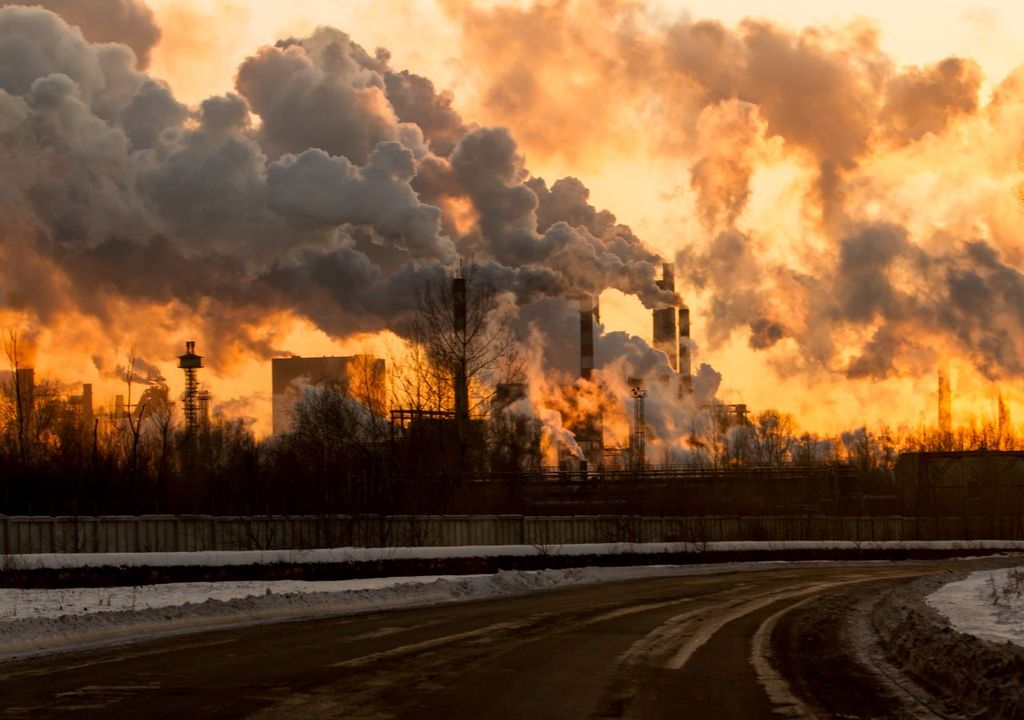Climate extremes leading to record-breaking health threats
People around the world are facing record-breaking health threats because of climate inaction, but there is still hope for a healthy future, new report says.

People in every single country are facing record-breaking health threats because of the rapidly changing climate according to the latest Report of the Lancet Countdown on Health and Climate Change.
The annual report shows 10 of 15 indicators tracking health threats have reached worrying levels because if climate inaction, including continued investment in fossil fuels and lagging funding for action to protect health.
Heatwaves and drought
The report brings together almost 300 leading researchers from around the world to track and understand the changing links between climate change and people’s health.
It found that in 2023, people were exposed an average of 50 more days of health-threatening temperatures than expected without climate change. There was a greater occurrence of heatwaves, and extreme drought affected 48% of the global land area, the second highest level recorded. Droughts were linked with 151 million more people experiencing moderate or severe food insecurity than annually between 1981 and 2010.
“This year’s stocktake of the imminent health threats of climate inaction reveals the most concerning findings yet in our eight years of monitoring,” says Dr Marina Romanello, Executive Director of the Lancet Countdown, from UCL Institute for Global Health. “Once again, last year broke climate change records – with extreme heatwaves, deadly weather events, and devastating wildfires affecting people around the world.”
Fuelling the fire
The report found the financial resources to achieve net zero and secure a healthy future exist, but that governments and companies are “fuelling the fire” by continuing to spend trillions of dollars on fossil fuel subsidies and investments that are worsening climate change. All-time high energy-related greenhouse gas emissions and a reluctance to adapt to changing conditions are also reducing the survival chances of people across the globe.
Romanello and her fellow experts are calling for this money to be redirected towards protecting people’s health, lives and livelihoods.

“No individual or economy on the planet is immune from the health threats of climate change. The relentless expansion of fossil fuels and record-breaking greenhouse gas emissions compounds these dangerous health impacts and is threatening to reverse the limited progress made so far and put a healthy future further out of reach,” Romanello says.
“Despite this threat, we see financial resources continue to be invested in the very things that undermine our health,” she adds. “Repurposing the trillions of dollars being invested in, or subsidising, the fossil fuel industry every year would provide the opportunity to deliver a fair, equitable transition to clean energy and energy efficiency, and a healthier future, ultimately benefiting the global economy.”
Front and centre
However, the report also highlights new opportunities to put health at the forefront of the world’s response to climate change, particularly at the upcoming ‘finance COP’ in Azerbaijan.
“Progress towards an equitable and healthy future requires a global transformation of financial systems, shifting resources away from the fossil-fuel based economy towards a zero-emissions future,” says Professor Anthony Costello, Co-Chair of the Lancet Countdown from UCL Institute for Global Health.
“For successful reform, people’s health must be put front and centre of climate change policy to ensure the funding mechanisms protect wellbeing, reduce health inequities and maximise health gains, especially for the countries and communities that need it most,” Costello adds.
A healthy, prosperous future could still be within reach the report says as the engagement of individuals, corporations, scientists, and international organisations with climate change and health is growing.
“Record-high emissions are posing record-breaking threats to our health,” says António Guterres, UN Secretary-General. “We must cure the sickness of climate inaction – by slashing emissions, protecting people from climate extremes, and ending our fossil fuel addiction – to create a fairer, safer, and healthier future for all.”
News reference
Romanello, M et al. (2024) The 2024 report of the Lancet Countdown on health and climate change: facing record-breaking threats from delayed action, The Lancet








